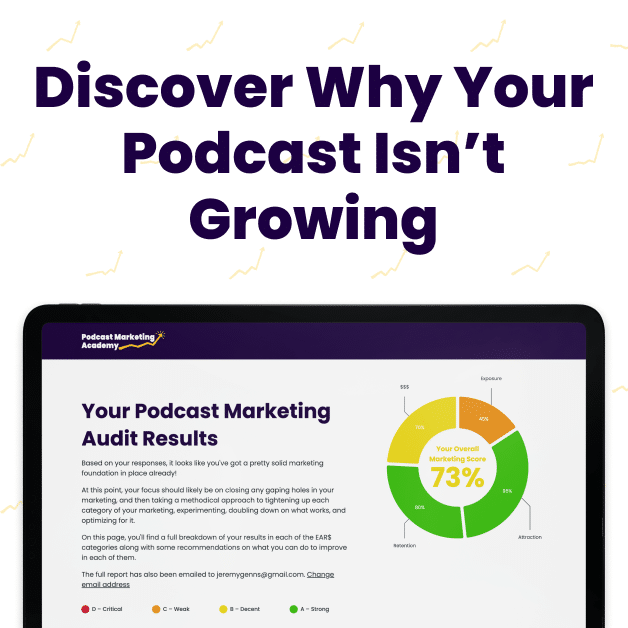A couple years ago, I bought a book on beginner calligraphy and started practicing.
I’ve always admired hand lettering artists and after taking a one-off intro calligraphy workshop, discovered that apart from looking cool, it was also a lot of fun. I had been looking for a new hobby–preferably a portable one–and calligraphy fit the bill perfectly.
So I bought a selection of felt-tip calligraphy pens and started practicing.
For a while, I practiced almost every day, experimenting with different styles and techniques. And with practice, my lettering improved.
But then, as it so often does, life got busy and I put my pens down. I haven’t picked them up since.
While I sometimes miss the slow, intentional, zen-like practice of calligraphy, those times are rare.
It was simply a hobby after all. I didn’t have tangible goals, milestones, or metrics I was tracking. I wasn’t doing it to grow my Instagram account and certainly didn’t dream of becoming a professional lettering artist.
I wasn’t even hoping to improve my own horrendous handwriting.
For me, calligraphy was purely diversionary. A hobby that could remain free of pressure to pursue when I felt like it.
That’s what hobbies are for after all.
Podcasting can be a fantastic hobby and many people choose to approach it as such.
It can also be a phenomenal marketing tool for your business.
But it’s hard for it to be both.
This is because of what’s known as the Over-justification Effect.
In short, the Over-justification Effect is the tension that turns intrinsically motivated activities (things we do purely for fun or personal enjoyment) into extrinsically motivated activities (things we do only for the reward).
You’ve probably experienced this effect before.
Imagine you knit cute hats for dogs. Everyone loves them, and at your friends’ urging, you decide to start an Etsy shop to make some money from your hobby.
You start to get a few orders, but as though they were directly correlated, as the money starts coming in, the enjoyment drains out.
You realize that you’ve worked yourself out of a hobby and into a job, and before long, put down your needles, feeling a pang of sadness and guilt every time you look at them.
The Overjustification Effect is particularly prevalent in podcasting, with so much obsession on download numbers and monetization.
In fact, I personally know dozens of podcasters who’ve fallen prey to its effects.
Many podcasters start shows as a hobby. A way to simply create, connect with friends, or say something they feel needs saying.
Like most podcasters, they soon end up checking their stats on a daily basis, and before long, become fixated on them.
The intrinsic motivation of simply creating something for the joy of it is slowly undermined and replaced by the extrinsic motivation of downloads and the potential for monetization.
Now like I said, podcasting can be either a fantastic hobby or a fantastic marketing tool.
Where people get stuck is when they fail to commit to either option and end up stuck somewhere in between.
If your show is a hobby, approach it as such.
Do away with the stats and ideas of monetization. Create the show you want in the way you want in a way that allows you to enjoy every part of the process.
If your show is meant to be a marketing tool or revenue stream, however, approach it like you would any business endeavour. Establish goals, Key Performance Indicators (KPIs), and develop a tangible roadmap of what you’ll do to achieve them.
You may have to adapt and compromise your personal ideas about what the show should be in order to find podcast-market fit. You’re no longer simply doing it for yourself, after all, and now have other stakeholders to answer to.
That’s not to say you give up complete ownership of the show–at the core, you still need to be creating for yourself–but you need to find the overlap between your own interests, vision, and worldview, and those of your listeners.
The choice of which path to follow is yours to make. Only you can choose which is right for you.
But if you want to succeed with your podcast–regardless of what that means to you–you need to choose one.





